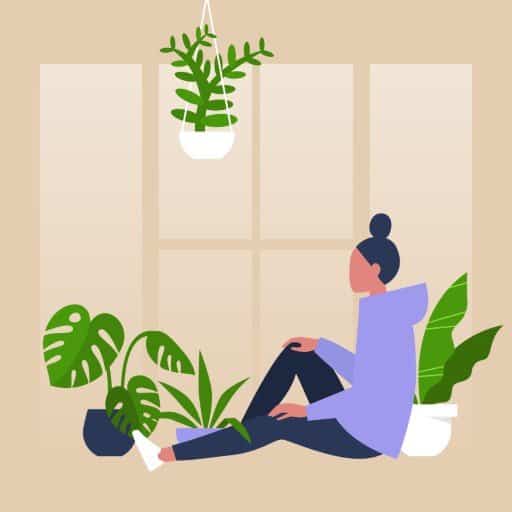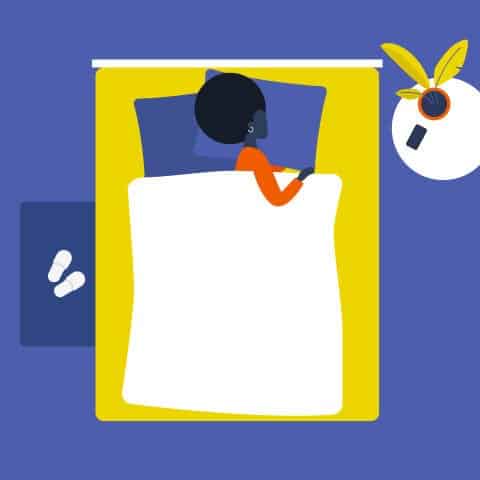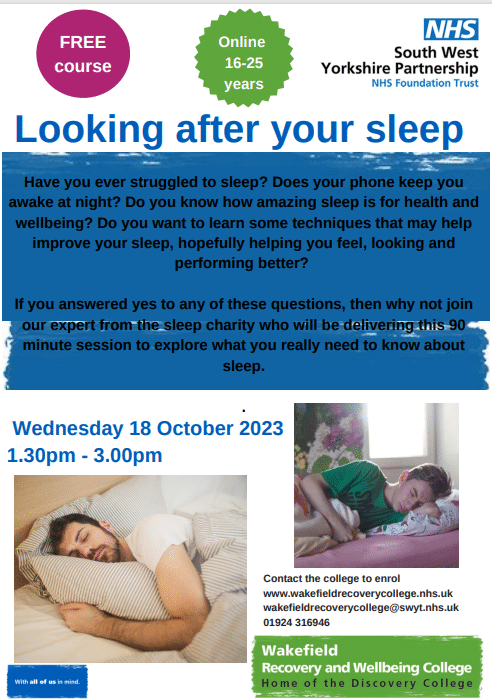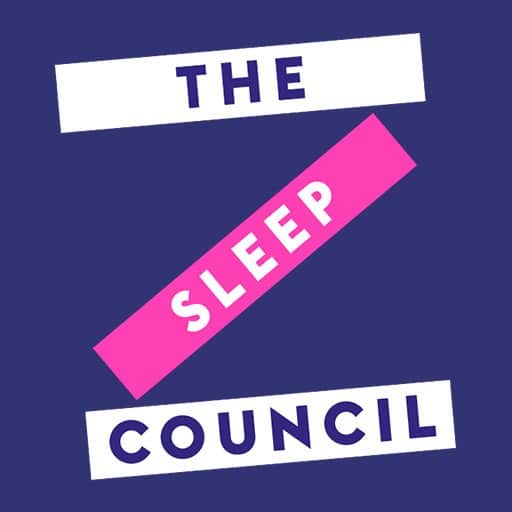SLEEP MATTERS
A few changes to your routine over 24 hours can significantly improve your health and wellbeing.

The importance of sleep!
Good sleep is important. It boost focus, problem solving and mood. Also, it strengthens our bodies for good health.
Quality sleep is even more important. Without it, our immune system weakens. This makes us more anxious and quick to anger.
Try these tips to improve your sleep. Also, set goals to enhance your sleep habits and get the benefits of a good night's rest.
If we get a good night’s sleep we feel so much better both physically and emotionally

Why can't I sleep?
Sleep difficulties are very common amongst children, young people and adults too. All sorts of factors can impact on our sleep such as
- General worries about friendships, family relationships, school work or the future
- Not getting enough time exercising or being outdoors
- Certain foods and drinks; such as coffee, energy drinks or a big supper
- Our bedroom environment; it might be too noisy, too warm, too light, and most commonly – use of devices (playstation, IPAD, phones, laptop) has a big influence on our night time sleep.
- Time on devices close to bedtime can often stop us from falling off to sleep and getting a good night’s sleep. The light from the screens affect how much melatonin our brain creates. Melatonin tells your body it’s time to sleep.

Benefits of getting enough sleep!
I can...
- Concentrate better
- Make good choices
- Solve problems easier
- Feel calmer and happier
- Be more creative and come up with new ideas
- Get along with friends and family better
Here are a few ways to get you started!
Credit: thechildrenssleepcharity.org.uk, SleepforKids.org, Sleepcouncil.org.uk

Top Sleep Tips!
- Try to run around and play 3 hours before bed time
- Spend some time outside after school
- Don’t have lots of food before bedtime (try a glass of milk or light snack)
- Do not drink fizzy drinks, energy drinks or coffee after lunchtime, but drink plenty of water
- Try to set a time to go to bed every night, so your body gets use to going to sleep then
- Turn off all devices one hour before going to bed
- Read a book or listen to calm music before you go to sleep
- Turn the light off (give it a try) and close the curtains. If it’s still too light ask your parent/carer if they can help make it darker
- Keep the room cool (opening a window a little bit might help)
How much do you know about sleep? Take the Sleep Quiz!
Still Struggling?
Then why not join a free session.
Contact the college to enrol
http://www.wakefieldrecoverycollege.nhs.uk,
email: wakefieldrecoverycollege@swyt.nhs.uk
or call 01924 316946





